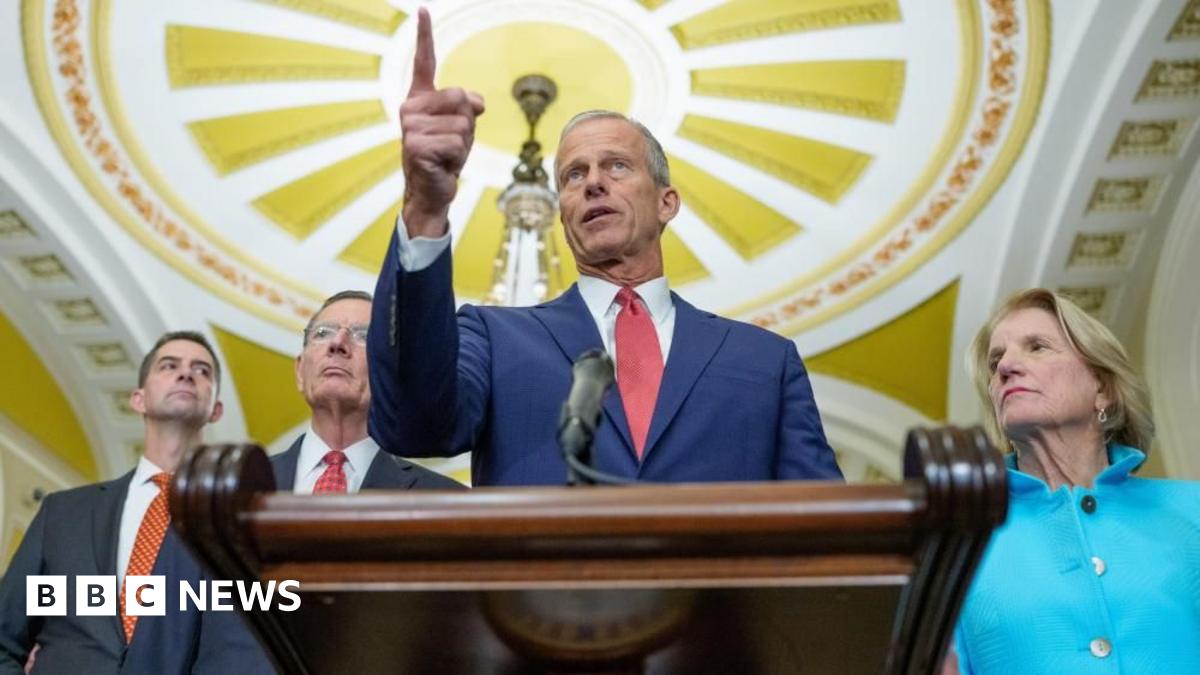Democratic Party leaders had said that they would not lend their support to new funding for government operations until Congress addressed the subsidies that help tens of millions of Americans pay for health insurance purchased through government-run exchanges.
“I’m thankful to be able to say we have senators, both Democrats and Republicans, who are eager to get to work to address that crisis in a bipartisan way,” Senate Majority Leader John Thune said ahead of the vote.
“We also have a president who is willing to sit down and get to work on this issue. So I’m looking forward to seeing what solutions might be brought forward.”
Thune did not say exactly what that bill would contain, which frustrated many Democrats in the House and the Senate, who argued that the Democrats who negotiated the deal did so without getting enough in return.
“For months and months Democrats have been fighting to get the Senate to address the healthcare crisis,” said Chuck Schumer, the party’s leader in the Senate.
“This bill does nothing to ensure that that crisis is addressed,” he said as he confirmed he would vote against the deal.
Some high-profile Democrats have been highly critical of colleagues who sided with Republicans to end the shutdown without concrete guarantees on healthcare, with California Governor Gavin Newsom calling the decision “pathetic”.
The measure also includes three appropriations bills to fund agencies like veterans affairs and agriculture, as well as a continuing resolution to finance the rest of the government until 30 January – meaning another government shutdown could be on the horizon early next year.
It also includes guarantees that all federal workers will be paid for time during the shutdown, and funding for the Supplemental Nutrition Assistance Program (Snap) – an essential food safety net for one in eight Americans – until next September.
A vote on the deal would only be the first procedural step in the new funding agreement and it would still need to be approved by the US House of Representatives, where it is likely to see its own challenges.
